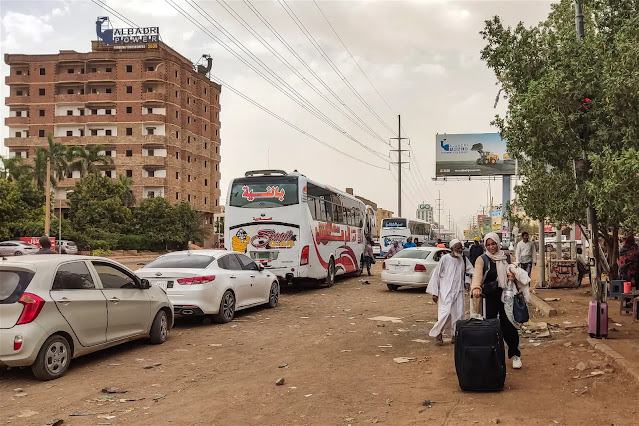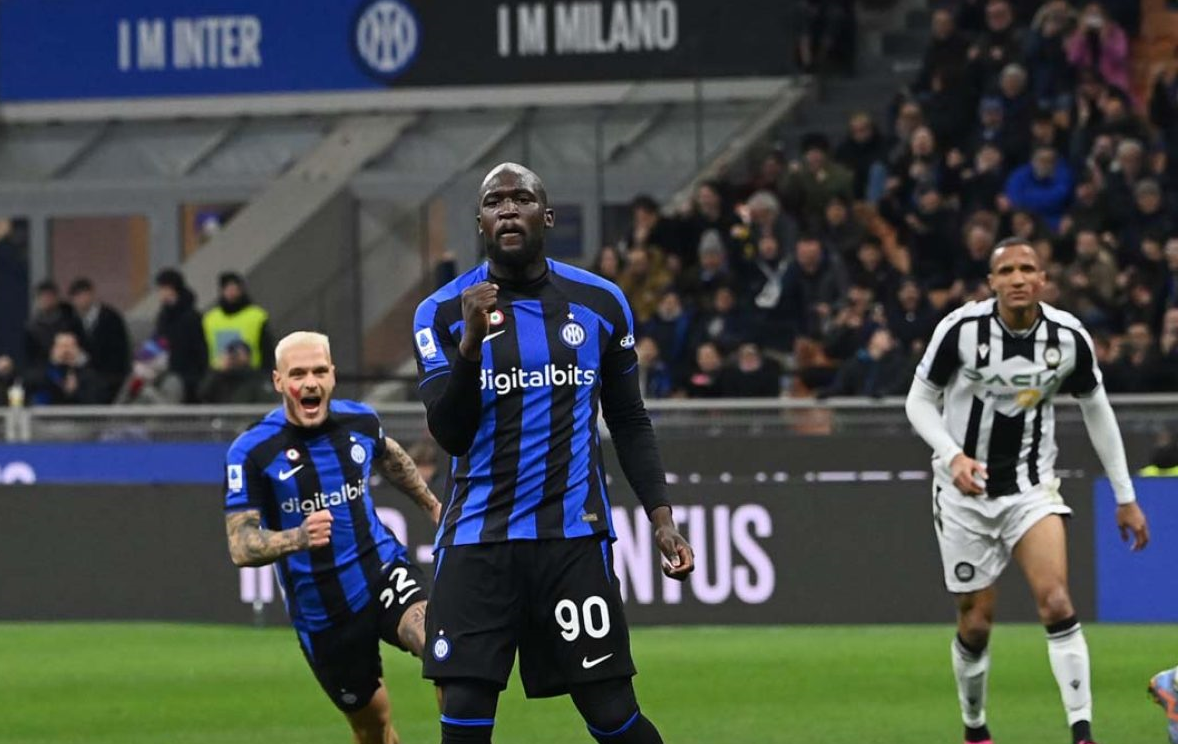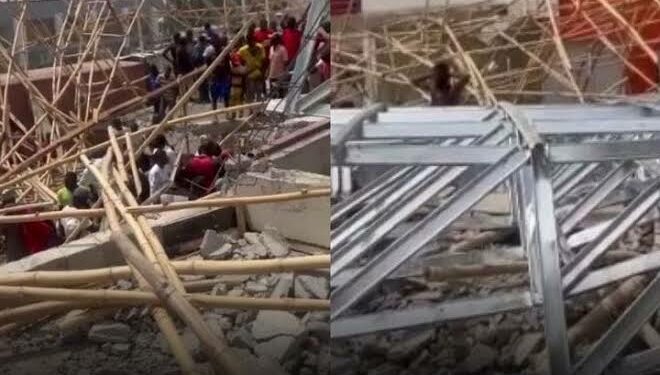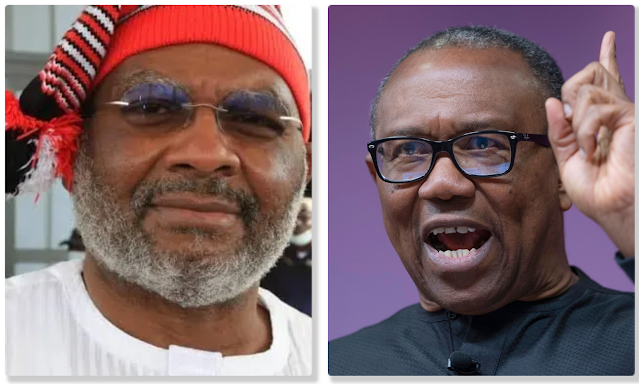The FIFA U-17 World Cup will not feature the Golden Eaglets, as Nduka Ugbade's team lost their final group game to Burkina Faso. This disappointing outcome has led to widespread controversy and criticism, with stakeholders questioning what went wrong with a team that had apparently undergone solid preparation for the U-17 AFCON in Algeria.
Adding fuel to the fire, the outstanding performances of former Eaglets player Victor Osimhen, who currently plays for Super Eagles and Napoli, have further frustrated fans who feel that Nigerian football has missed out on producing another talent like Osimhen.
It is worth examining the issues that may have affected Ugbade's team and prevented them from achieving success. After the victories of the Golden Eaglets in 2013 and 2015 under Garba Manu and Emmanuel Amunike, respectively, the team has struggled to qualify for or excel in the FIFA U-17 World Cup.
The 2017, 2019, 2021, and now 2023 Golden Eaglets have failed to replicate their trademark performances on the global stage. The question arises: what is going wrong?
To better understand the situation within the context of this article, let's focus on Ugbade's team and the concerns raised by Nigerian football stakeholders and fans.
Agents and scouts play a significant role in Nigerian football, often approaching players and luring them away from clubs and national teams. The undue influence and pressure exerted by these individuals, armed with cash and offers of opportunities abroad, can distract players from showcasing their true talents and instead focus on what the agents and scouts want.
Furthermore, some officials within the football hierarchy are suspected of being agents and scouts themselves, either directly or indirectly collaborating with partners locally or overseas. These individuals are the real enemies of Nigerian football.
Age cheating has become a problem in African football, including at the U-17 level. While it is believed that Ugbade's team consisted of genuine U-17 players in Algeria, the age discrepancies among players from opposing teams should be addressed by examining the official documents, such as international passports and MRI scan results, which were certified by CAF.
Despite the challenges, it is important to present a genuine U-17 squad, even if winning the tournament or qualifying for the World Cup is not guaranteed. Graduating talented players to the senior teams should be the focus in such cases.
There is no shortage of talent at the grassroots and secondary schools in Nigeria, yet coaches often fail to explore these areas to discover players. It is perplexing that a coach who did not visit major football grounds and centers across the country ended up with 3,000 players on the first day of the open screening for the team. The source and background of these players must be investigated to ensure a more effective team-building process in the future.
Hiding the team from the media and fans during training camps, instead of engaging in open training exercises, deprives coaches of the opportunity to identify and assess quality players based on the reactions and opinions of the fans. The Nigerian Football Federation (NFF) has changed this approach, opting for closed-door friendlies against unknown clubs and academies, which hinders the open assessment of players.
The proliferation of football academies without proper oversight raises concerns about the quality of players they produce. Many of these academies are owned by individuals connected to influential figures and agents, who exploit the low remuneration of coaches to place their average players in exchange for favors. The involvement of these academies in the selection process of age-grade teams needs urgent attention, and coaches should focus on scouting talents from schools and grassroots areas, where true potential and accurate age verification can be found.
The quality of friendly matches played by national U-17 and U-20 teams is also a concern. Matches










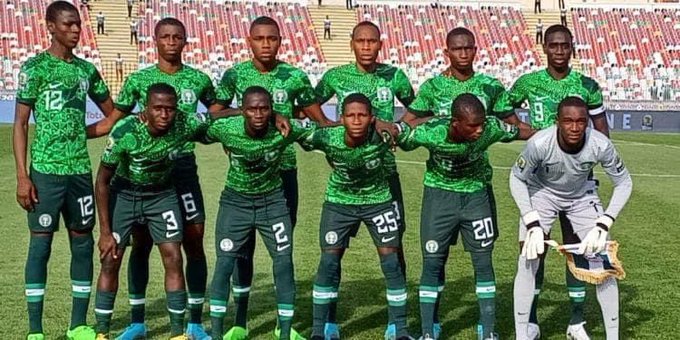



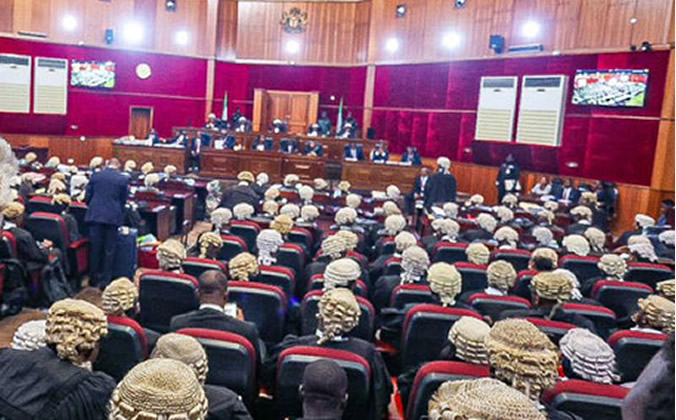















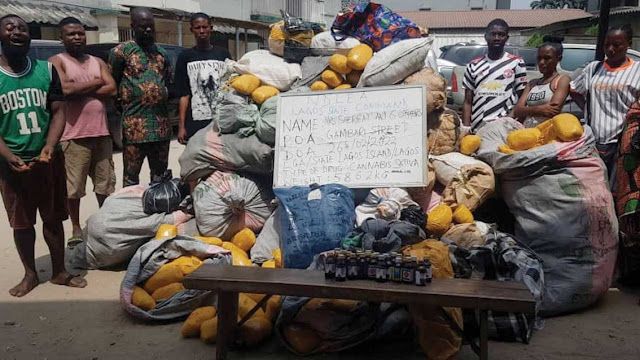



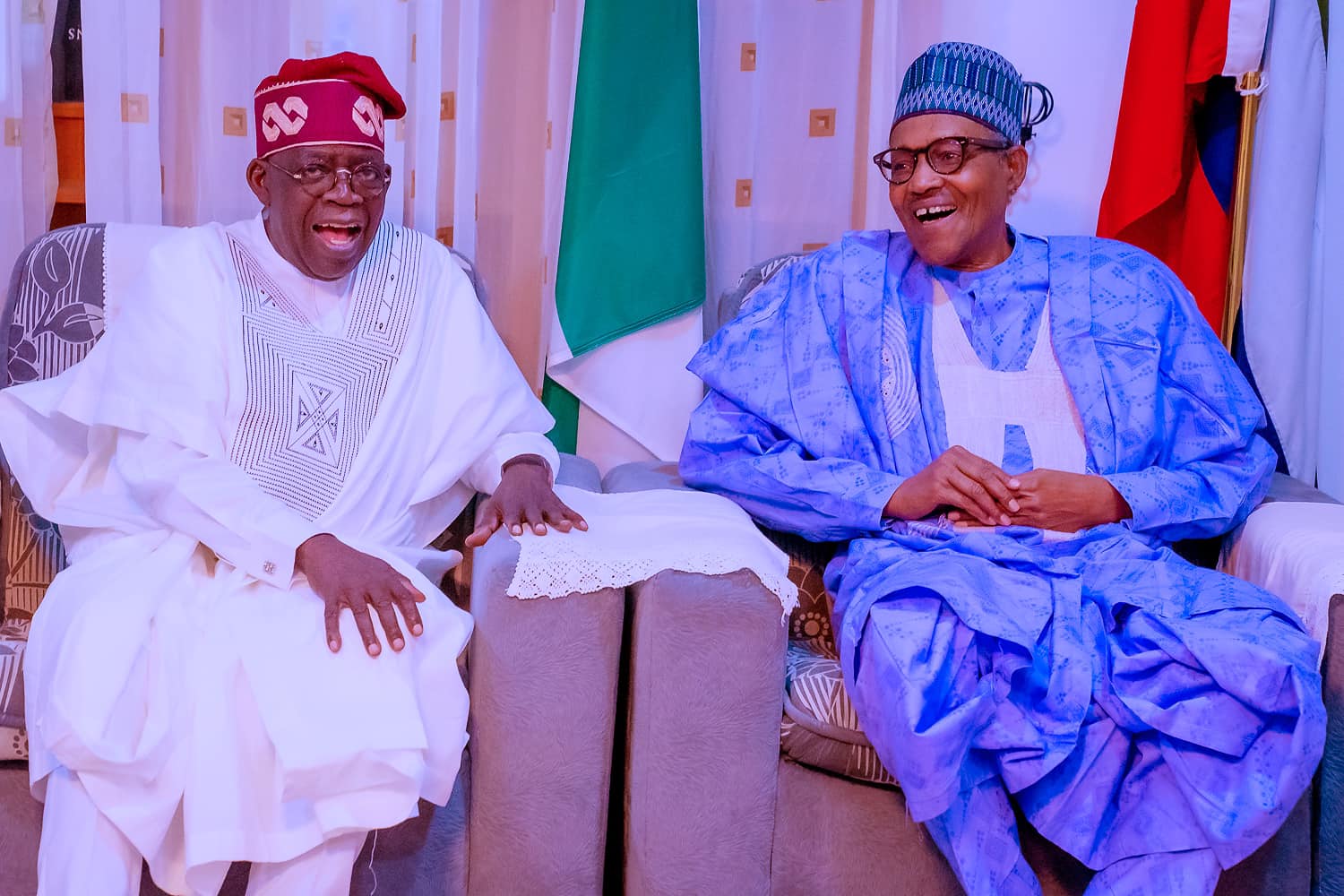

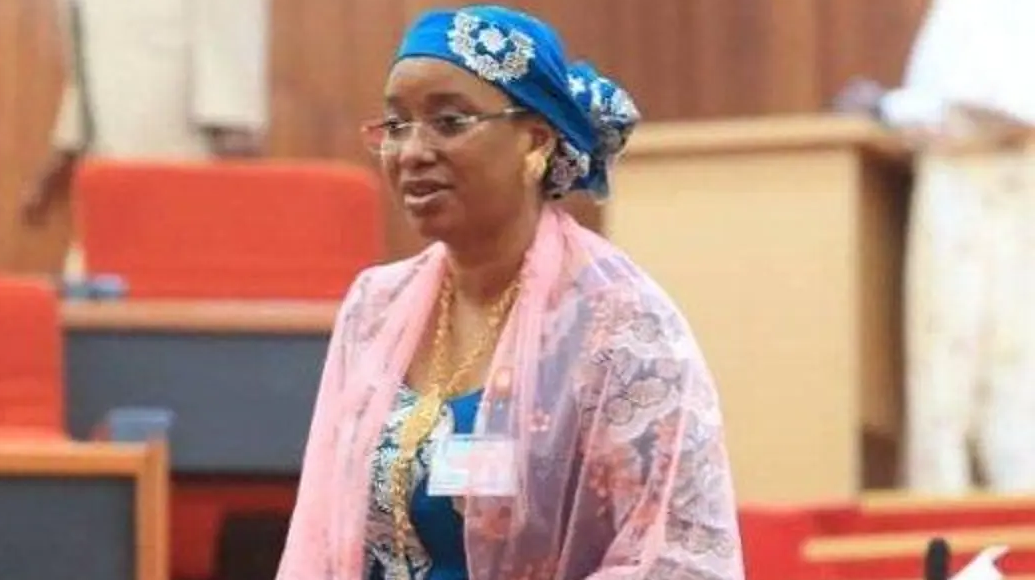

.jpeg)
.jpeg)
